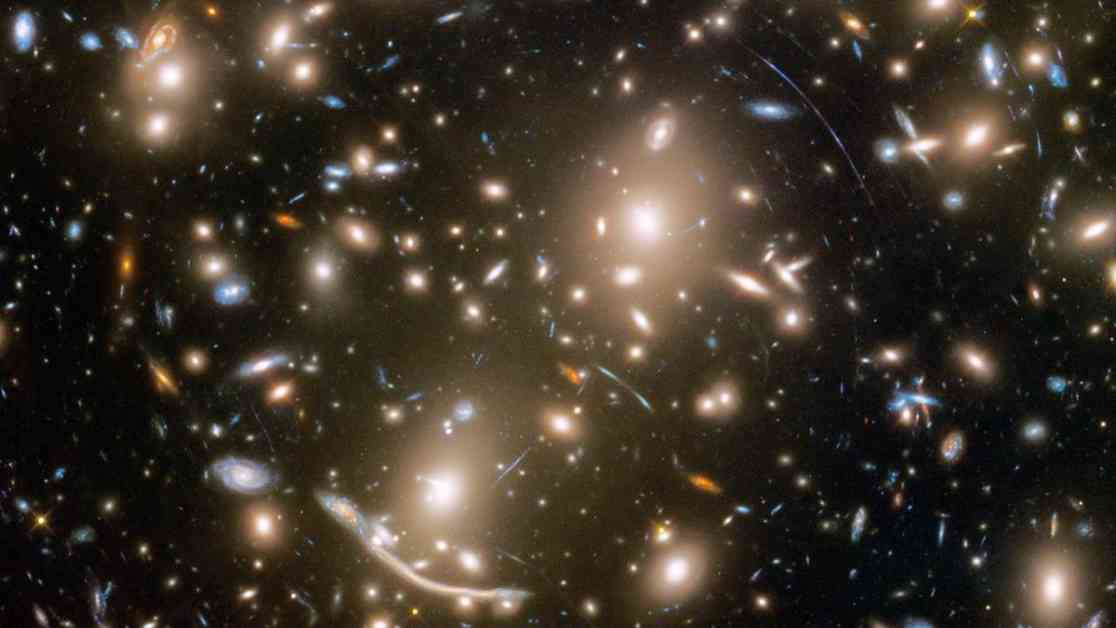Universe Expanding Too Fast for Physics
The universe is expanding at a rate that defies our current understanding of physics, according to a recent study published in The Astrophysical Journal Letters. The research, led by Dan Scolnic, a professor of physics at Duke University, has brought cosmology to a critical juncture, challenging the very foundation of our model of the universe.
The Hubble Tension
The Hubble tension, a discrepancy in the rate of the universe’s expansion as measured by different methods, has been a growing concern in the field of cosmology. Observations from the Hubble Space Telescope and the James Webb Space Telescope have shown that the universe is expanding at varying rates depending on the region astronomers observe.
The two primary methods used to calculate the Hubble constant, which quantifies the universe’s expansion speed, involve measuring fluctuations in the cosmic microwave background (CMB) and using pulsating stars known as Cepheid variables. While the Planck satellite measured a Hubble constant of around 67 km/s/Mpc based on CMB data, Cepheid distance ladder measurements revealed a significantly higher rate of 73 km/s/Mpc.
Challenging the Standard Model
To further investigate this tension, researchers utilized data from the Dark Energy Spectroscopic Instrument (DESI) to construct a distance ladder. By studying the nearby Coma galaxy cluster, the team was able to refine their measurements and obtain a Hubble constant of 76.5 km/s/Mpc, well outside the error range predicted by the standard model of cosmology.
This discrepancy has profound implications for our understanding of the universe and may necessitate a major reevaluation of existing cosmological models. While astronomers continue to explore possible explanations for this discrepancy, the search for a new paradigm in cosmology is underway.
Expert Insights
Dan Scolnic, the lead author of the study, emphasized the significance of these findings, stating, “We’re at a point where we’re pressing really hard against the models we’ve been using for two and a half decades, and we’re seeing that things aren’t matching up. This may be reshaping how we think about the Universe, and it’s exciting!”
As researchers delve deeper into the mysteries of the universe, the quest for answers continues, promising new discoveries and insights that could revolutionize our understanding of the cosmos.
In conclusion, the study’s revelations have ignited a scientific revolution, challenging long-held beliefs and paving the way for a new era of discovery in cosmology. As we confront the limits of our current understanding, the universe remains an ever-evolving enigma, offering endless opportunities for exploration and enlightenment.




